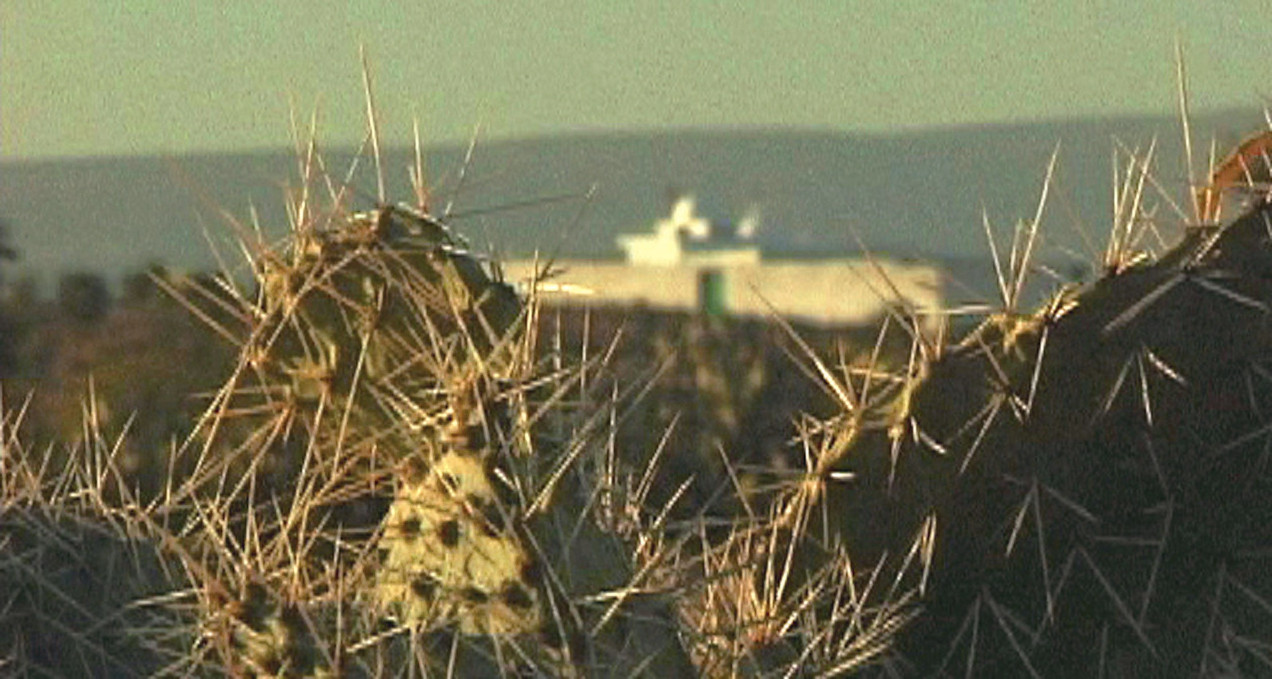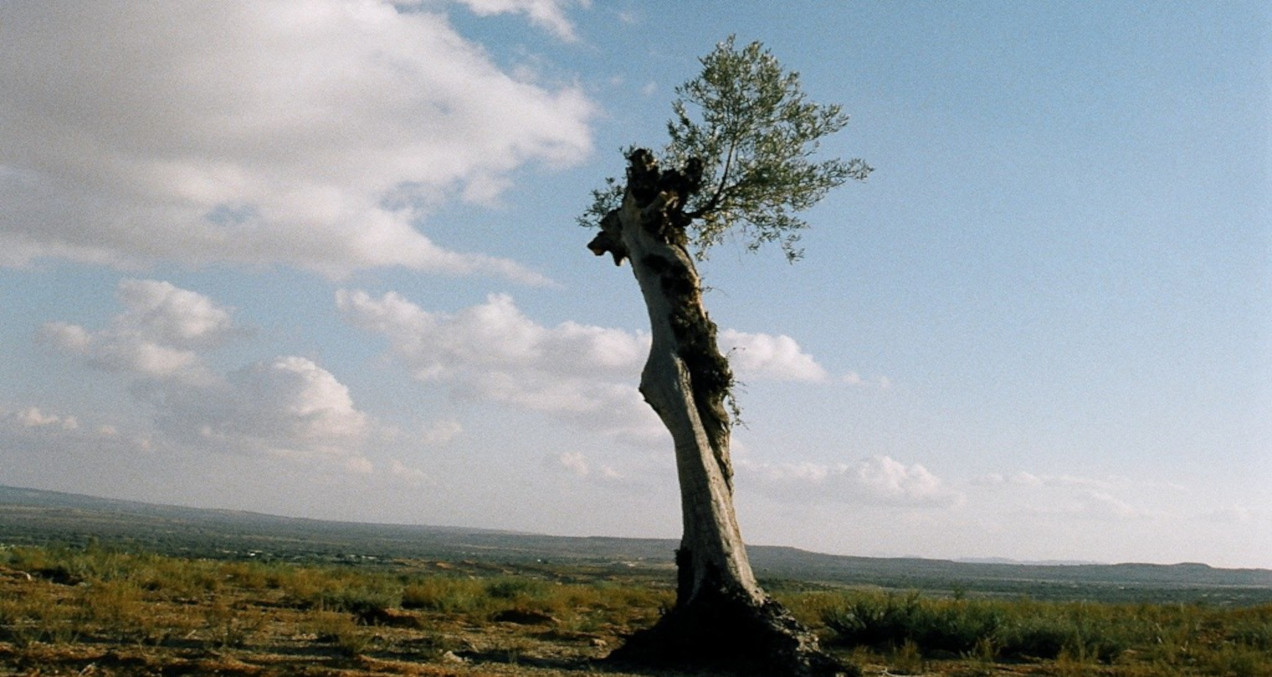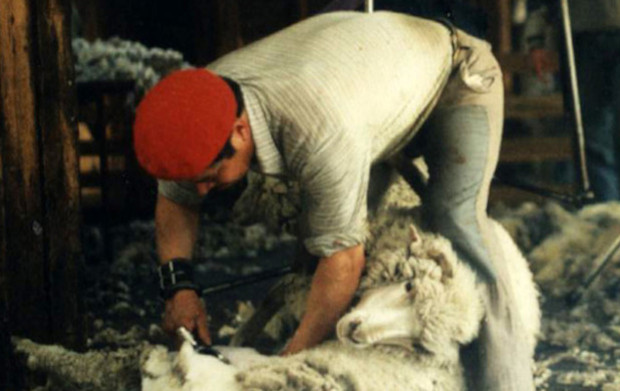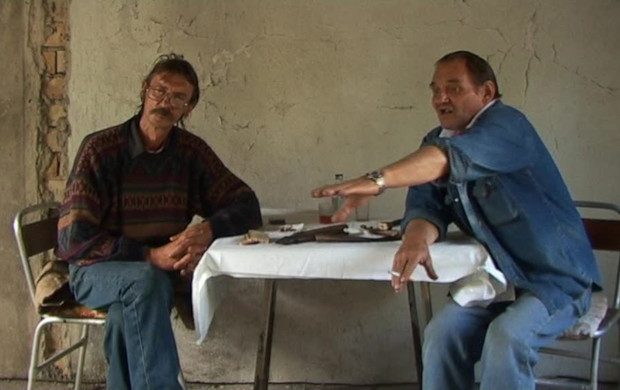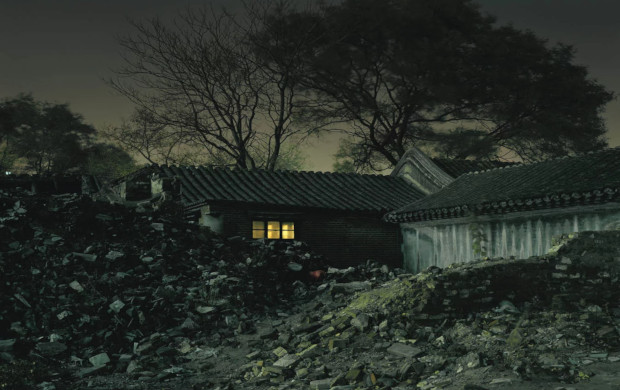Gharsallah, la semence de Dieu
Gharsallah, God's Sowing
- 2007
- Tunisia; Belgium
- 55 minutes
- Arabic
Gharsallah is much like Keyser Söje in Usual Suspects. Everyone has heard of him, everyone has some terrifying story to tell about him, or seen someone who knows other people who know… but the more the legend grows, the more elusive and unreal the character becomes. In the small Tunisian village of Dhibet, Gharsallah (“God’s seed”) remains a mystery six years on from his death. Whether he was a wandering madman or unjust prophet, a wrathful saint or expert manipulator, a teacher or despot, a healer or charlatan, a wise man or eccentric, one possessed or a misanthropist, a dreaded marabout or disturbed hermit, the man continues to fire conversations and inspire stories and fantasies. Men and women see him in their dreams and the deeds attributed to him have a fantastic, miraculous, horrendous, or provocative dimension. The exceptional conditions of his birth set him out for a singular destiny. But here imagination and reality, the haze of memories and the liking for tales are inseparably intertwined. To be truthful, here man’s reality counts for less than the land that witnessed his birth and than the mentality of its inhabitants: an arid land dominated by the mausoleum that Gharsallah built at the end of his life–a building closed in on itself with no opening onto the outside world–and a community of prolific words, skilled at translating their emotions, questioning and fears into powerful images and at covering the land with a magical cloak that nature did not provide. (Yann Lardeau)
- Production : Gsara
- Distribution : DISC
- Editing : Nadia Touijer
- Sound : Faten Ghariani
- Photography : Kamel Laaridhi
